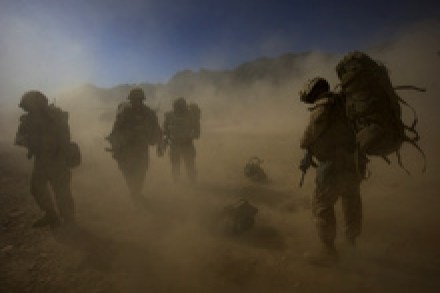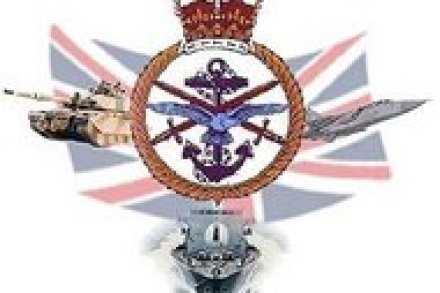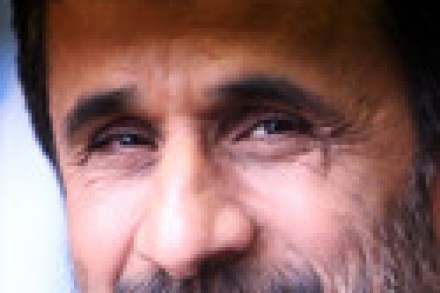The clock is ticking on Iran
When I visited Israel last year, various sources there were convinced – adamant, even – that Iran was within a year or two of creating an atomic bomb. That may or may not have been the case, but it’s still ominous that that hypothetical timeline is nearly up. We can all too easily forget that, in the background to all the column inches and comment pieces expended on Iran, there are genuine and pressing concerns that the country is on the cusp of becoming a nuclear power. Which is why the two latest news stories from the country are particularly worrying: the capture of a racing yacht by the Iranian



















